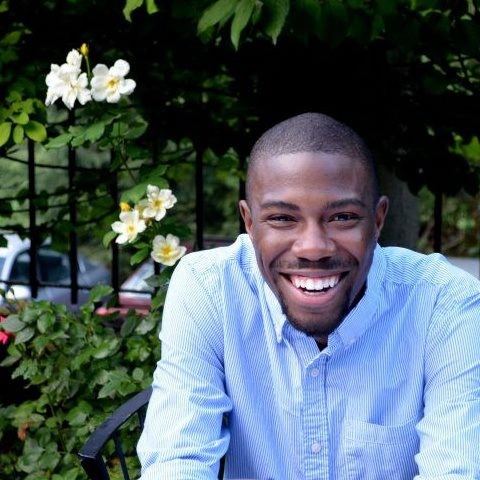
This editorial article is a part of Evolution of a Tech Scene Month of Technical.ly's 2022 editorial calendar.
The saying goes: Only a fool learns from his own mistakes. A wise man learns from the mistakes of others.
Technical.ly asked entrepreneurs and technologists to highlight the impactful mentors along their journey to success. The insight from mentors led them to start businesses, but also offered the courage to quit jobs, take risks and learn exactly what kind of leader not to be.
After that roundup published, we got more great responses and couldn’t keep them to ourselves. Below, hear from these organizational heads who have benefitted from the mistakes and lessons of others. By imparting their own wisdom, they can help others in the Baltimore tech community do the same.
These remarks have been edited for length and clarity.
Delali Dzirasa, founder of Fearless
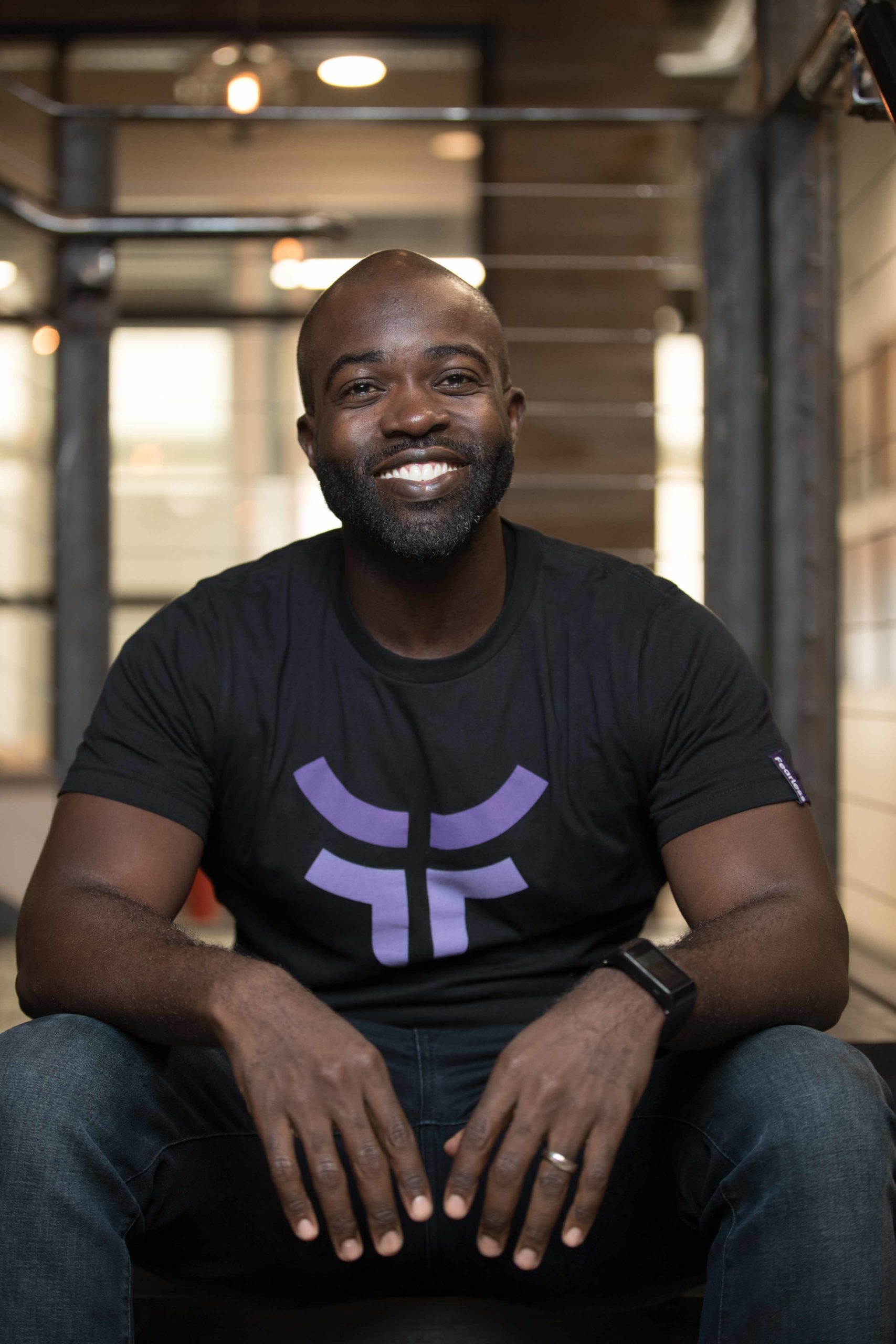
Fearless founder Delali Dzirasa. (Courtesy photo)
There have been many mentors and role models who have helped and supported me not only in my career, but in life. My first boss at Raba Technologies mentored me when I told him about my dream of starting my own company and learning the ins and outs of the business. The folks at the Department of Defense Mentor-Protégé Program took Fearless under their wing. The relationship is so strong, we are currently building a portal for the program to better facilitate relationships between mentors and their mentee companies.
And I have to give credit to my mentor, role model, and lifelong friend, Dr. Freeman Hrabowski. I first met Dr. Hrabowski when I was a student at UMBC and he was serving as president. He has not only connected me to so many people; he is also the person I turn to when I am making major life decisions. He selflessly opens doors, not just for me, but for many others, and I aspire to do the same for the next group of entrepreneurs and leaders.
Lisa Umberger, CEO of Sicura
As a female CEO of a tech company, I am definitely standing on the shoulders of all of the engineers that came before me and happened to be female. One of my biggest mentors, Judy, told me once that she can’t wait until “women engineers” are just referred to as “engineers.” That really stuck with me and now I can’t wait to give that back to those coming up interested in tech now as a mentor.
The most helpful thing one of my previous managers did for me was allow me to figure things out on my own, even if that meant some degree of wrong answers or failure. Providing guidance and support instead of the correct answer or worse, doing it for someone, doesn’t allow them to learn, use critical thinking, and be rewarded for their successes.
Sanwar Sunny, CEO of Dynamhex
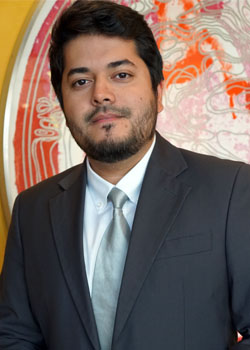
Sanwar Sunny. (Courtesy photo)
Some of my early mentors professionally had to be Ashok Gupta, who current is a senior energy economist at Natural Resources Defense Council. Since meeting Ashok in 2018, he has been instrumental in teaching me about how to help people understand concepts so they can make the right decisions for themselves.
Although it sounds trivial, this was instrumental in learning about early sales to governments and large energy companies as a startup company. As startup founders, we often have a tendency to over-engineer our customer’s problems with solutions we WANT them to adopt. As a trained physicist and mathematician, who spent his career in climate and energy economist, Ashok explained this core concept to me, through multiple interpretations and interactions till it finally stuck and I cannot thank him enough for that.
Patrick McQuown, executive director of entrepreneurship at Towson University
Best advice [I’ve ever gotten from and old boss]: I was a forensic science major. I had a dream job all lined up to be a G-man for the federal government. I was interning for the Commodity Futures Trading Commission and was a computer geek and the year was 1996. … My future was bright, but I also had a company, Proteus. I listened to someone I respected, “Go do Proteus, if it doesn’t work out we will for sure hire you back.”
The best advice had a compounding effect by an order of magnitude.
Tina Williams-Koroma, founder of CyDeploy and TCecure
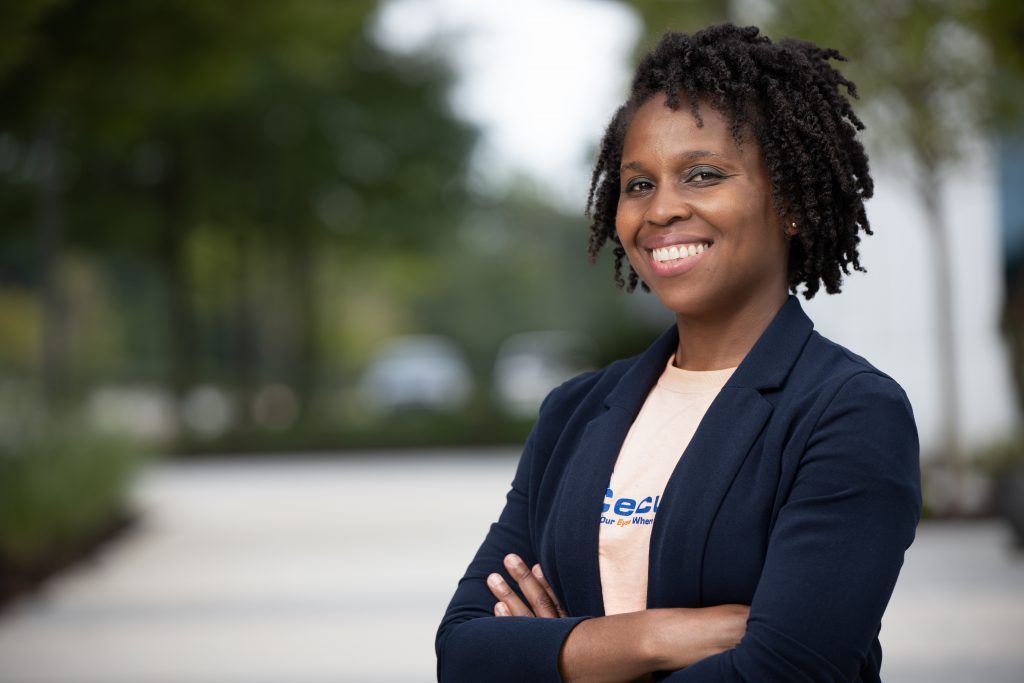
Tina Williams-Koroma, founder of CyDeploy and TCecure. (Courtesy photo)
Taking a long view, I really must say my parents. They afforded me the space needed to explore, to create, to make mistakes, etc., and this space is exactly what’s necessary to become a great entrepreneur. My entrepreneurial journey started when I was 7 years old! I’ve had all kinds of ventures, and my parents were key stakeholders, especially with my pet-sitting venture that required dogs to stay in our home. My parents both grew up in poverty in the Jim Crow south, but in spite of that, they both leaned into their academic and professional pursuits while balancing family. Raising my siblings and I. Now as a spouse and mom myself, I’m working to emulate their resilience, hard work, and balance to provide the same space to my son to be creative, explorative, and make mistakes.
In terms of being a tech venture entrepreneur, Luke Cooper and Lily Bengfort have been so instrumental. Having them as advisors has helped me come up to speed on the world of tech product ventures and fundraising, very quickly. Just a few years ago I thought about how I really needed to get connected with people who have been where I’m aiming to be. Luke and Lily are such folks, both successfully exited entrepreneurs with a passion for positioning underrepresented founders for success.
Again, my answer here is related to space. My former boss, Paul Nicandri, at Unisys, was just a godsend. He operated with integrity and gave me the space to build my cybersecurity credentials and carve out a lane for myself that was beneficial to the company and to my professional development. When I was in law school part-time while working, he afforded me the flexibility of doing some work remotely to ease the commute between Reston, VA and downtown Baltimore (where I went to law school) with the guidance this: As long as the clients’ needs are being met, he was flexible as to my work location.
Also, when law school was getting tough: One day, given the legal professionals in his family, he was able to offer some really helpful encouragement. It was exactly what I needed to keep pressing through with my legal studies. Paul is who I’ve attempted to emulate. Someone with high standards and a customer focus, but who provides flexibility and encouragement when trust for such as been earned. The foundations of my career as a cyber professional were really solidified during my time with Paul as a boss.
Michael Ogunsanya, founder of MindStand Technologies
Kory Bailey [of UpSurge Baltimore] never underestimates the value of a firm handshake, looking someone in the eyes, and delivering on your word. Kory helped me recognize the merit we can bring to this Baltimore tech ecosystem when we show up, be ourselves, and be a conduit of change was able to matriculate into some fantastic spaces filled with business owners, local leaders, and global connectors as a result of Kory’s mentorship. From inviting me to one of the first Equitech Tuesdays to hosting empowerment events for overlooked builders, Kory showed me that business isn’t just numbers; it’s building solid relationships and building off your character.
Delali [Dzirasa] has always been a role model; from the day I stepped foot into BWTech, Ellen Hemmerly, the past executive director, ensured that I had early access to Delali as soon as I started my entrepreneurial career. From showing a “viable” demo to him and Fearless cofounder, John Foster, in 2018. To participating in his sponsored startup events, an having him join the MindStand pod on inclusive leadership, I feel blessed to have such an empathetic, fearless leader involved in my startup journey. Delali never forgot what it meant to be a builder and has always kept an open-door policy when I have questions and ideas to grow MindStand.
I’m sure I can speak for many in saying Delali has a unique way of making his mentees feel like family. And in doing that, I’ll always respect and lean into his discipline and values as a founder.
Donte Kirby is a 2020-2022 corps member for Report for America, an initiative of The Groundtruth Project that pairs young journalists with local newsrooms. This position is supported by the Robert W. Deutsch Foundation.Join the conversation!
Find news, events, jobs and people who share your interests on Technical.ly's open community Slack
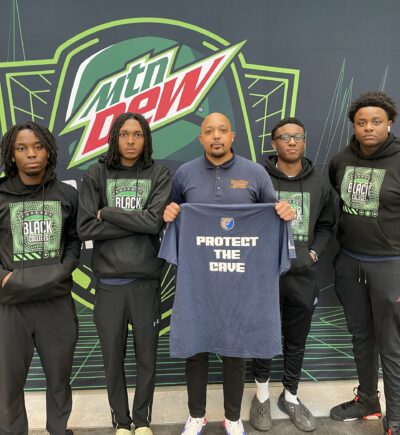
This Black gaming advocate has a mission to transform education through esports
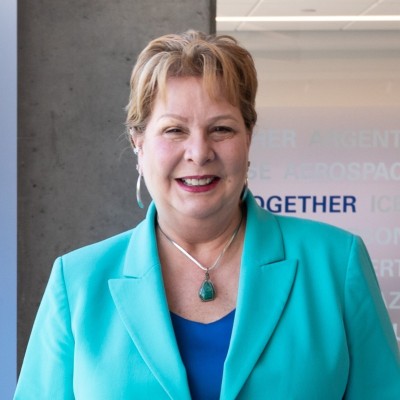
'Be bold': This digital innovation and business strategist urges fellow women leaders to be their authentic selves
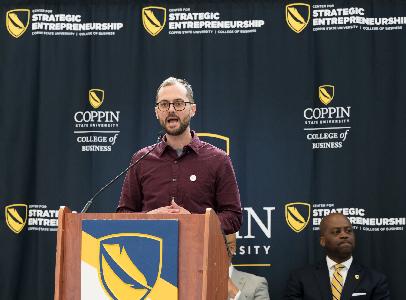
Baltimore Power Moves: Open Works and Coppin State partner for a new makerspace, degree and tech transfer program

